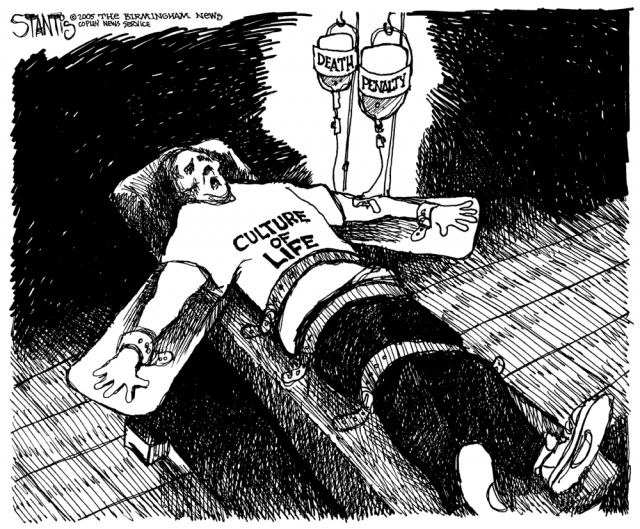I almost dropped this course a few times. Especially towards the beginning, it was deeply uncomfortable for me to spend such long periods of time thinking about death, dying, and environmental destruction. I was often overwhelmed by feelings of impending doom and sorrow.
And this was how I initially felt about my action project as well. Although I had worked somewhat with the Animal Rights Initiative before, the extensive research we were tasked with opened my eyes to the sheer scale of animal suffering on this planet. It was already painful for me to think about the plights of suffering humans. And, by intentionally expanding my circle of empathy to the roughly 60 billion land animals raised in factory farms each year, that pain greatly increased. It was depressing and infuriating to spend so much time doing research on such mass amounts of suffering. I became angry and disillusioned with the way in which society tolerated these mass amounts of violence. As author Timothy Pachirat writes in “Working Undercover in a Slaughterhouse,” an interview with Avi Solomon, the globally affluent live in a system that requires the “active complicity in forms of exploitation and violence.”
However, I soon found calm in the contemplative practices. In these, I was purposefully leaning into the fear I felt instead of shying away from it. I learned to accept and embrace my anxiety, which in turn, calmed me. I experienced similar feelings of catharsis in the advocacy involved in my action project. Even though the problem of industrialized animal agriculture is unfathomably large, it felt good to have a part in helping address it, especially because I was working in a team of others who cared. Throughout the course, those two coping strategies became my lifeline while wading through difficult course content and dealing with death in my own life.

This image is a draft of the Animal Rights Initiative logo, which depicts a group of volunteers passing out literature on the animal rights and welfare movements. The underlaid image of the volunteers brings me so much joy because I think it encapsulates the feeling I had working with my group in the action project. It is a beautiful feeling to work on a team of passionate people, even against a seemingly insurmountable problem.





